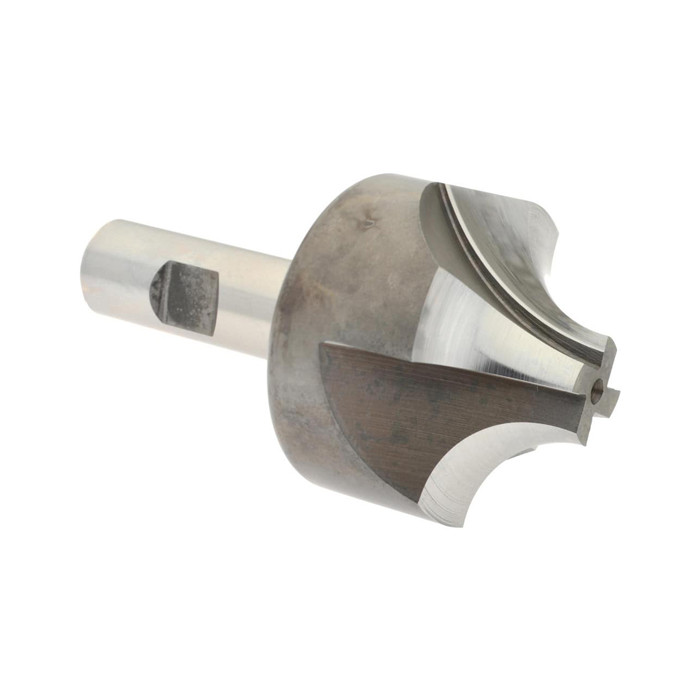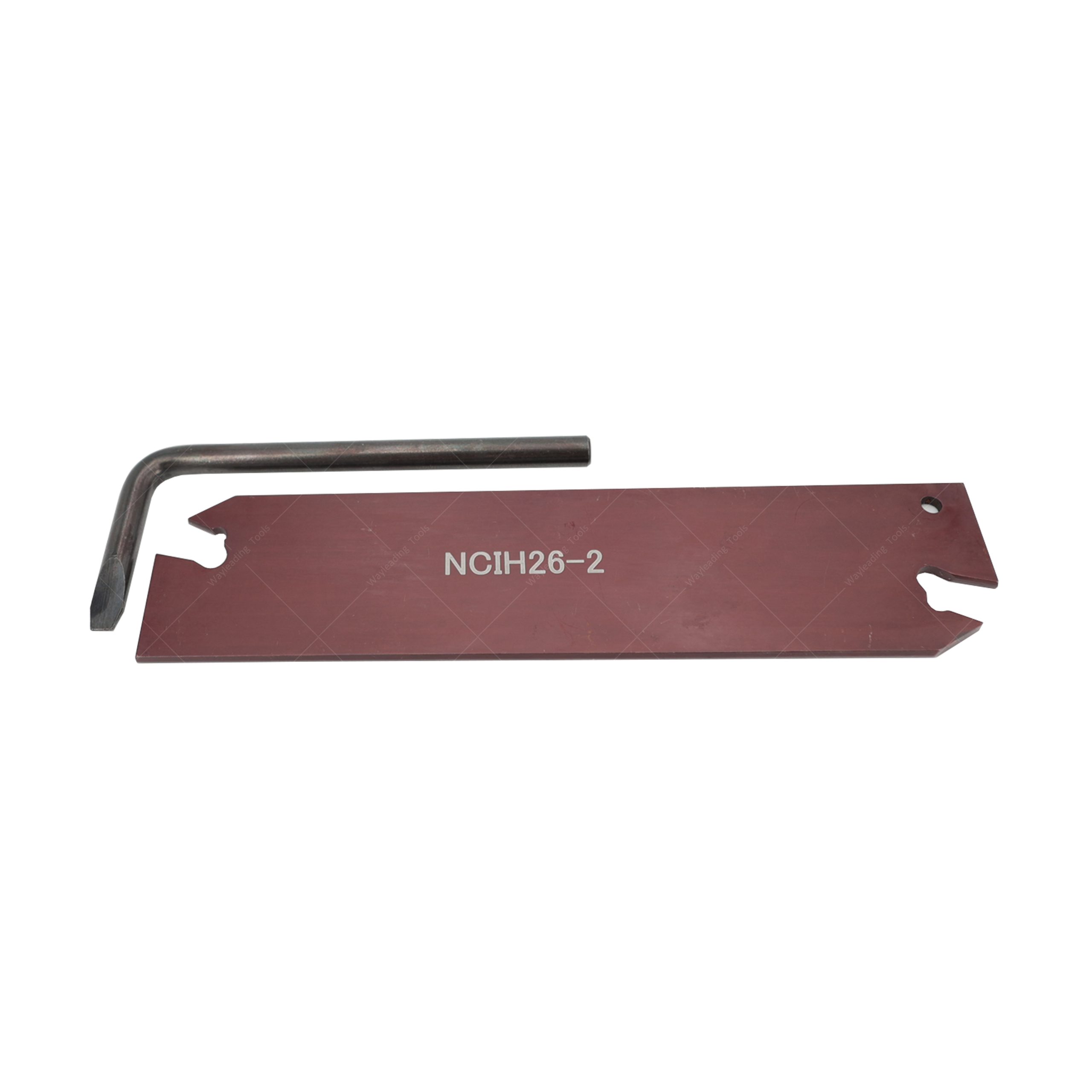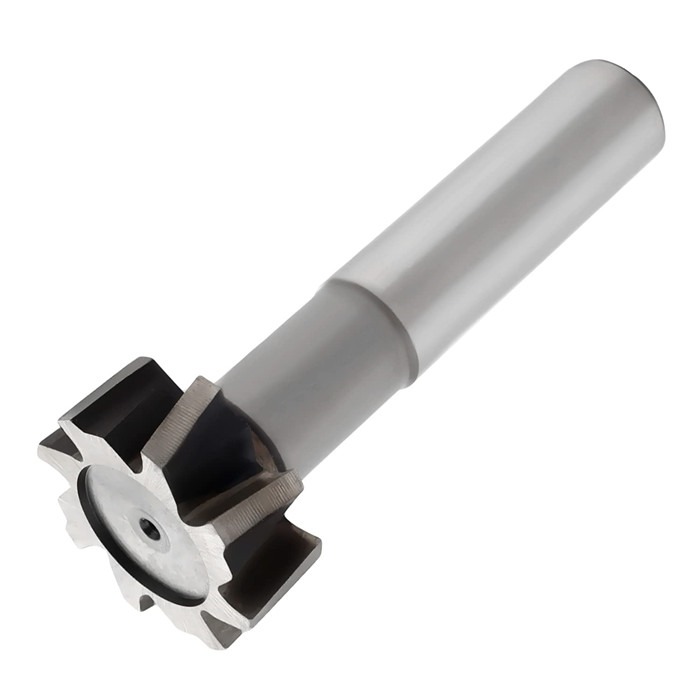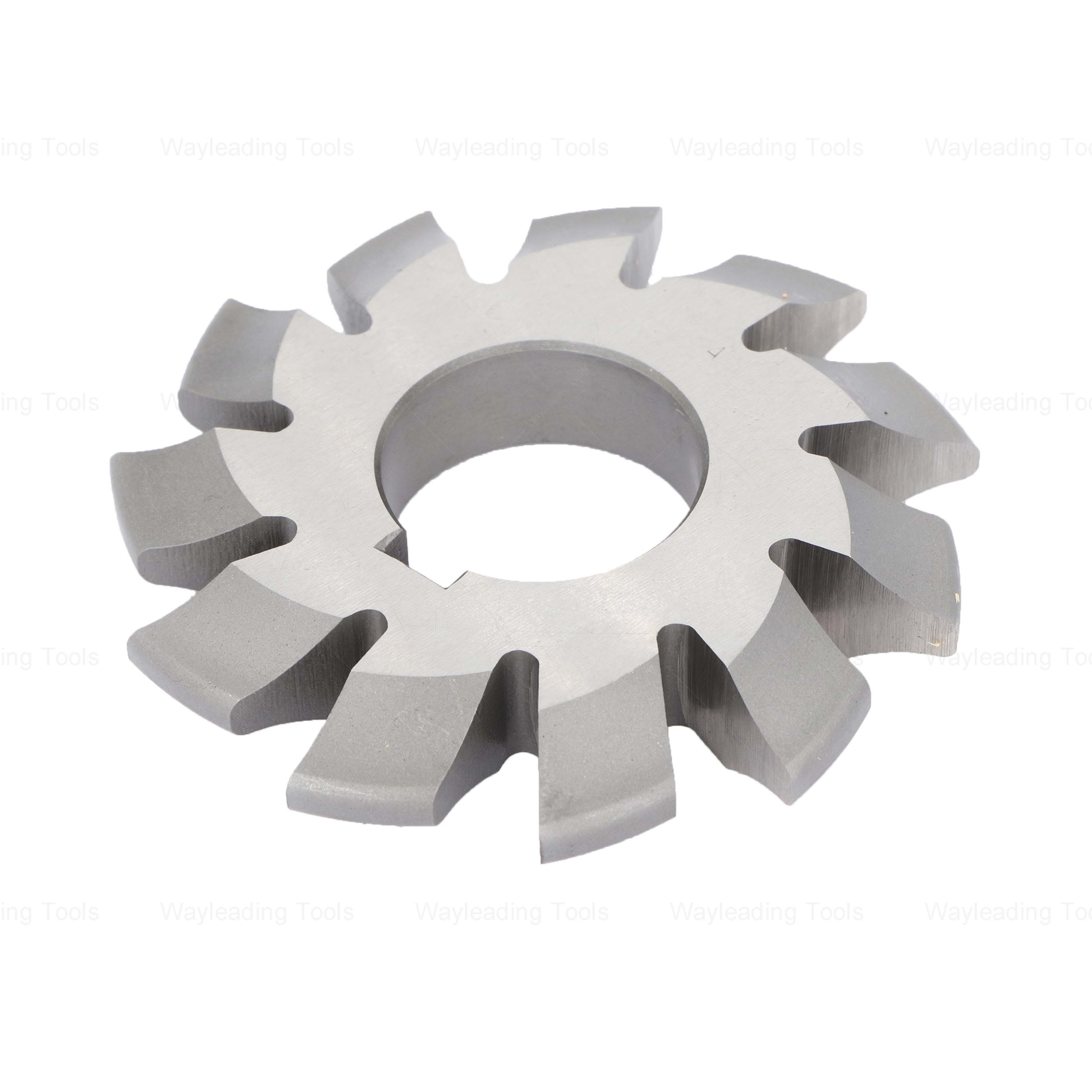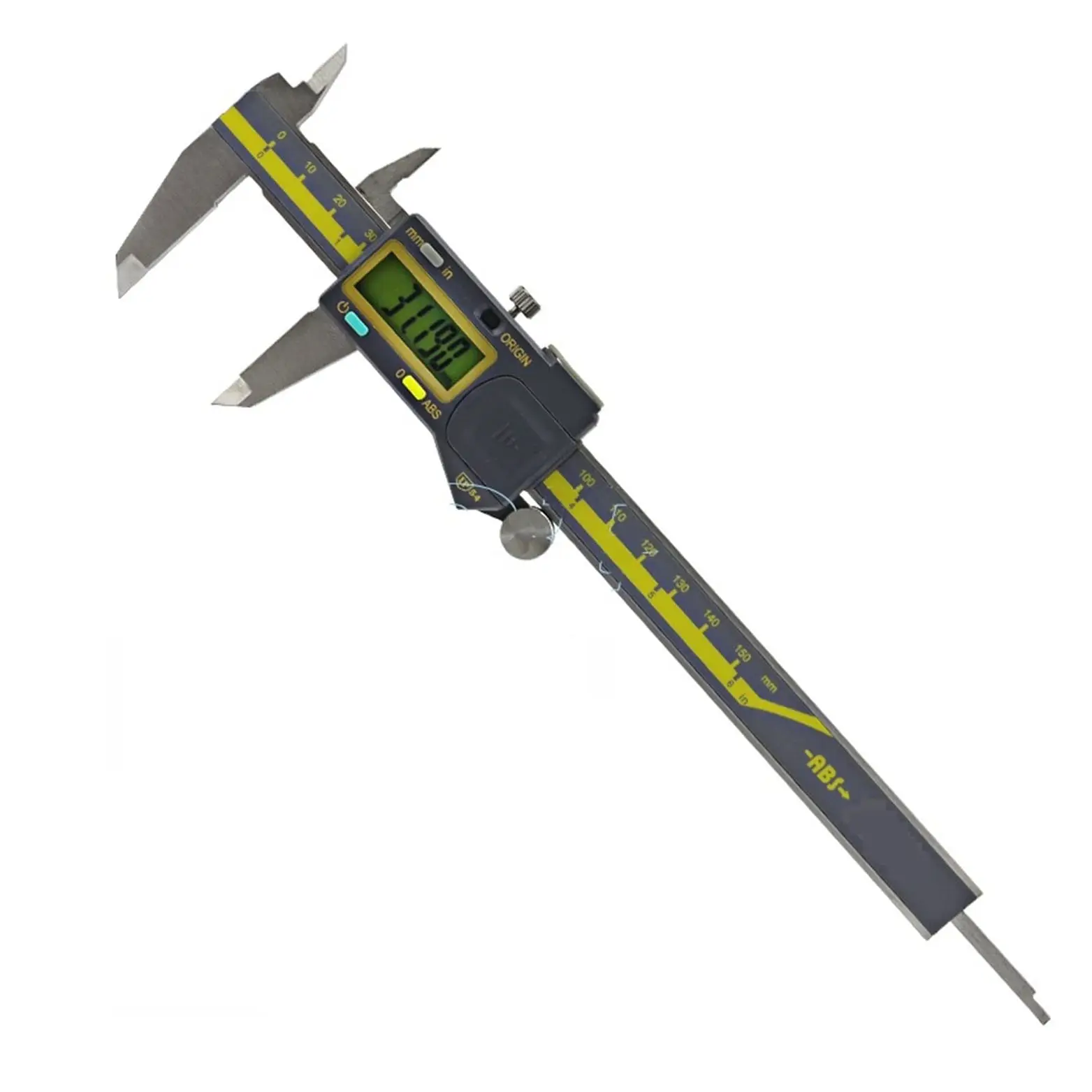drill bits Manufacturer
Choosing the right drill bits manufacturer is crucial for any project, from DIY home improvements to large-scale industrial applications. This guide explores the key factors to consider when selecting a supplier, the different types of drill bits available, and how to ensure you get the best quality and value for your money.
Understanding the Basics of Drill Bits
Before diving into the selection process, it's essential to understand the fundamental components and types of drill bits. Knowing this allows for better communication with your drill bits manufacturer.
Drill Bit Anatomy
A typical drill bit consists of several key parts:
- Shank: The part that is held by the drill chuck. Shank sizes vary, with some being specifically designed for quick-change chucks.
- Body: The main fluted portion of the bit that removes material from the hole.
- Point: The cutting tip of the bit, which is responsible for initiating and guiding the drilling process. Different point angles and geometries are designed for different materials.
- Flutes: The helical grooves that run along the body, allowing chips to escape and coolant to reach the cutting edge.
Common Drill Bit Materials
The material of a drill bit greatly influences its performance and durability. Common materials include:
- High-Speed Steel (HSS): A versatile and cost-effective option for general-purpose drilling in wood, plastic, and soft metals.
- Cobalt Steel: Offers increased heat resistance and wear resistance compared to HSS, making it suitable for drilling harder materials like stainless steel.
- Carbide: Extremely hard and durable, ideal for drilling abrasive materials like hardened steel, cast iron, and ceramics. Often used as tips brazed onto a steel body.
- Black Oxide Coating: A coating applied to drill bits to provide corrosion resistance and reduce friction, improving drilling performance.
- Titanium Nitride (TiN) Coating: A hard, thin coating that increases surface hardness, lubricity, and wear resistance.
Types of Drill Bits and Their Applications
Different types of drill bits are designed for specific materials and applications. Choosing the right type is crucial for achieving optimal results and preventing damage to the workpiece or the bit itself.
Twist Drill Bits
The most common type of drill bit, used for general-purpose drilling in wood, metal, and plastic. Available in various sizes and materials.
Spade Bits
Large, flat bits designed for drilling large-diameter holes in wood. They are relatively inexpensive but can be difficult to control.
Auger Bits
Used for drilling deep, clean holes in wood. They feature a screw-like tip that pulls the bit into the wood.
Forstner Bits
Produce clean, flat-bottomed holes in wood. Ideal for creating hinge mortises or drilling decorative holes.
Hole Saws
Used for cutting large-diameter holes in a variety of materials. Consist of a cylindrical saw blade attached to a mandrel.
Masonry Drill Bits
Designed for drilling into brick, concrete, and stone. Feature a carbide tip that can withstand the impact of hammer drills.
Step Drill Bits
Also known as UniBits. Feature multiple steps of increasing diameter, allowing you to drill multiple hole sizes with a single bit. Ideal for drilling sheet metal.
Selecting the Right Drill Bits Manufacturer
Choosing a reliable drill bits manufacturer is essential for ensuring you receive high-quality products that meet your specific needs. Consider the following factors when making your selection:
Experience and Reputation
Look for a manufacturer with a proven track record of producing high-quality drill bits. Check online reviews, ask for references, and inquire about their quality control processes.
Companies like Wayleading Tools, with years of experience in the cutting tool industry, often have established reputations for quality and reliability. Their commitment to customer satisfaction and continuous improvement makes them a strong contender.
Manufacturing Capabilities
Ensure the manufacturer has the capabilities to produce the types of drill bits you need, in the quantities you require. Inquire about their equipment, processes, and materials.
Quality Control
A reputable manufacturer will have rigorous quality control procedures in place to ensure that their drill bits meet industry standards and your specific requirements. Ask about their testing methods and certifications.
Customization Options
If you require custom drill bits with specific dimensions, materials, or coatings, choose a manufacturer that offers customization services. This can be especially important for specialized applications.
Pricing and Lead Times
Obtain quotes from multiple manufacturers and compare pricing, lead times, and shipping costs. Remember that the cheapest option is not always the best, especially if it compromises quality.
Customer Support
Choose a manufacturer that provides excellent customer support and is responsive to your inquiries. They should be able to answer your questions, provide technical assistance, and resolve any issues that may arise.
Ensuring Quality and Value
Once you've selected a drill bits manufacturer, take steps to ensure you receive the best possible quality and value for your investment.
Specify Your Requirements Clearly
Provide the manufacturer with detailed specifications for the drill bits you need, including the type of material, dimensions, tolerances, and any special requirements. The more information you provide, the better they can meet your expectations.
Request Samples
Before placing a large order, request samples of the drill bits to test their performance and quality. This allows you to identify any potential issues early on and make adjustments as needed.
Inspect the Goods Upon Arrival
Upon receiving your order, carefully inspect the drill bits for any defects or damage. Contact the manufacturer immediately if you find any problems.
Maintain Proper Storage
Store your drill bits in a dry, organized location to prevent corrosion and damage. Use a drill bit index or case to keep them separated and easily accessible.
Troubleshooting Common Drill Bit Problems
Even with high-quality drill bits, you may encounter some common problems. Here are some tips for troubleshooting:
Drill Bit Breakage
This can be caused by using the wrong type of bit for the material, applying too much pressure, or overheating the bit. Use the correct bit, apply moderate pressure, and use cutting fluid to cool the bit.
Drill Bit Dullness
Drill bits can become dull over time due to wear and tear. Sharpen the bit using a drill bit sharpener or replace it with a new one.
Wandering Drill Bit
This can be caused by starting the hole at an angle or using a dull bit. Use a center punch to create a starting point and ensure the bit is sharp.
Cost Comparison of Different Drill Bit Types
Below is an estimated cost comparison of different drill bit types. Prices can vary greatly depending on the manufacturer, material, and size.
| Drill Bit Type | Average Cost per Bit | Typical Applications |
|---|---|---|
| HSS Twist Drill Bits | $1 - $5 | General-purpose drilling in wood, plastic, and soft metals |
| Cobalt Drill Bits | $5 - $15 | Drilling harder materials like stainless steel |
| Carbide Tipped Drill Bits | $10 - $30 | Drilling into masonry and tiles |
| Spade Bits | $3 - $10 | Drilling large-diameter holes in wood |
| Step Drill Bits | $15 - $50 | Drilling multiple sized holes in sheet metal |
Note: Prices are approximate and may vary.
Conclusion
Selecting the right drill bits manufacturer and choosing the appropriate type of drill bit for your application are essential for achieving successful results. By considering the factors outlined in this guide, you can ensure you receive high-quality products that meet your specific needs and provide excellent value for your money. Whether you're a seasoned professional or a DIY enthusiast, understanding the nuances of drill bits will undoubtedly enhance your projects and ensure precision and efficiency. Remember to prioritize quality and partner with a reliable supplier like Wayleading Tools for all your cutting tool needs.
Related products
Related products
Best selling products
Best selling products-
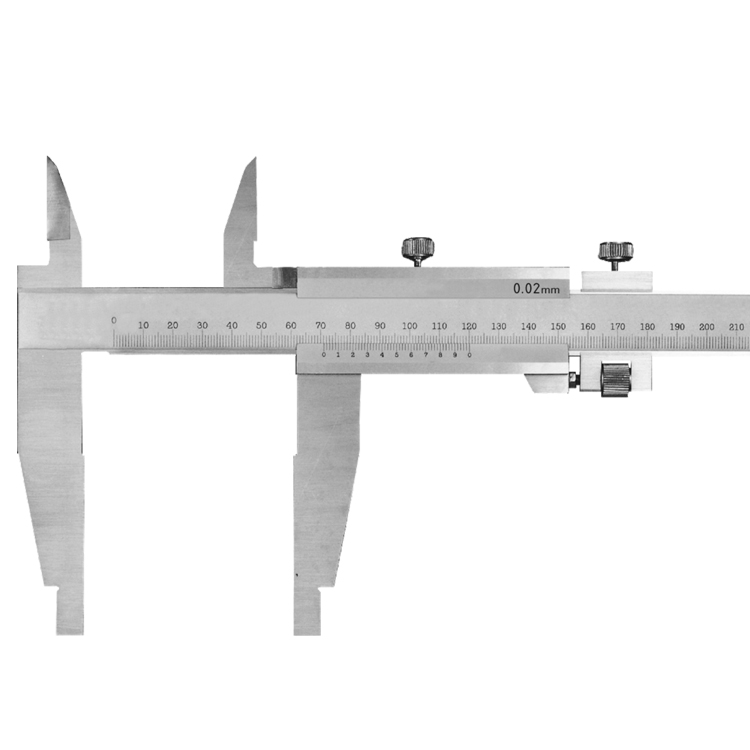 Precision Monoblock Vernier Caliper With Nib Style & Standard Style Jaws Of Metric & Imperial For Industrial
Precision Monoblock Vernier Caliper With Nib Style & Standard Style Jaws Of Metric & Imperial For Industrial -
 APKT Milling Insert For Indexable Milling Cutter
APKT Milling Insert For Indexable Milling Cutter -
 Precision IP67 Digital Caliper With Data Output For Industrial
Precision IP67 Digital Caliper With Data Output For Industrial -
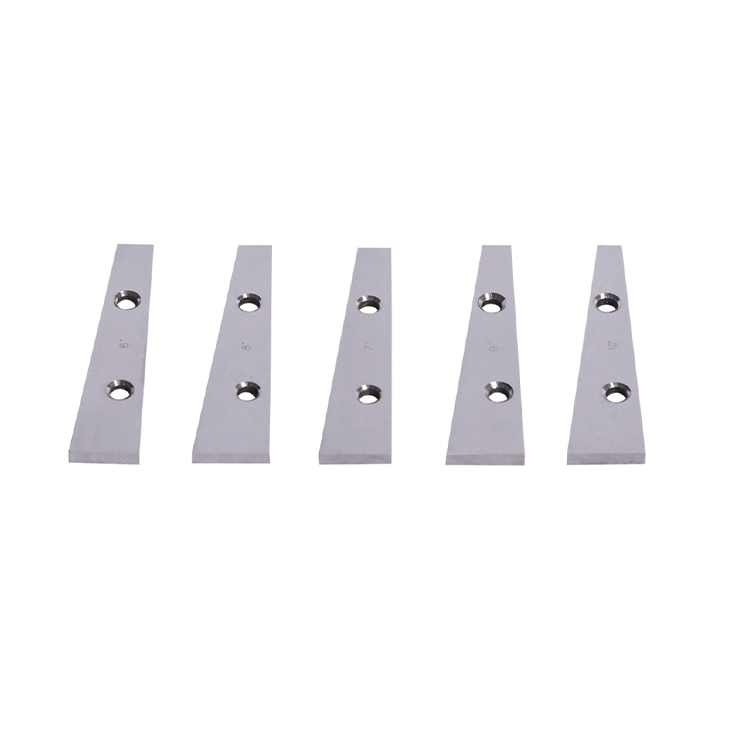 Precision 5pcs & 6pcs Angle Blocks Set With High Quality Type
Precision 5pcs & 6pcs Angle Blocks Set With High Quality Type -
 Digital Indicator – Precision Type, Inch/Metric, Industrial Grade
Digital Indicator – Precision Type, Inch/Metric, Industrial Grade -
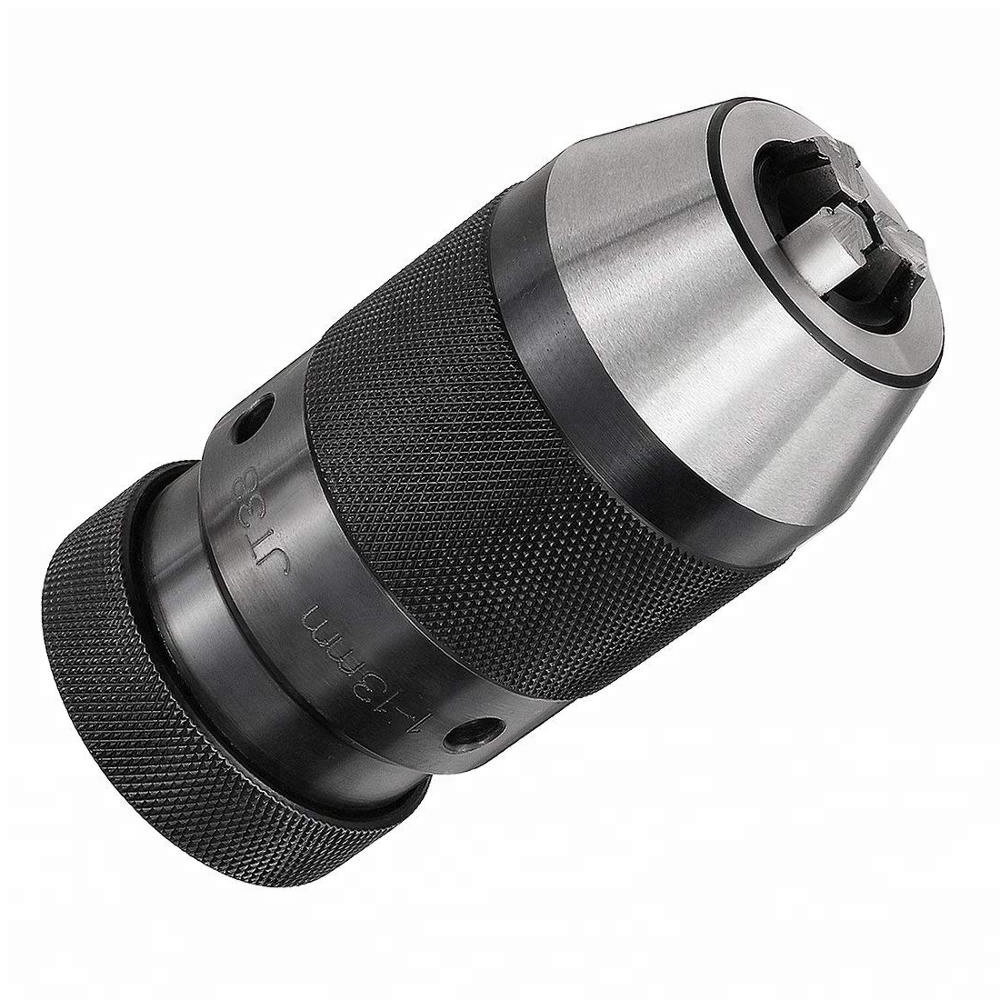 Keyless Drill Chuck With Heavy Duty Type
Keyless Drill Chuck With Heavy Duty Type -
 32 Blades Feeler Gauge From 0.04-0.88MM
32 Blades Feeler Gauge From 0.04-0.88MM -
 HSS ISO Metric Round Die Wieh Splite Or Adjustable Splite Type
HSS ISO Metric Round Die Wieh Splite Or Adjustable Splite Type -
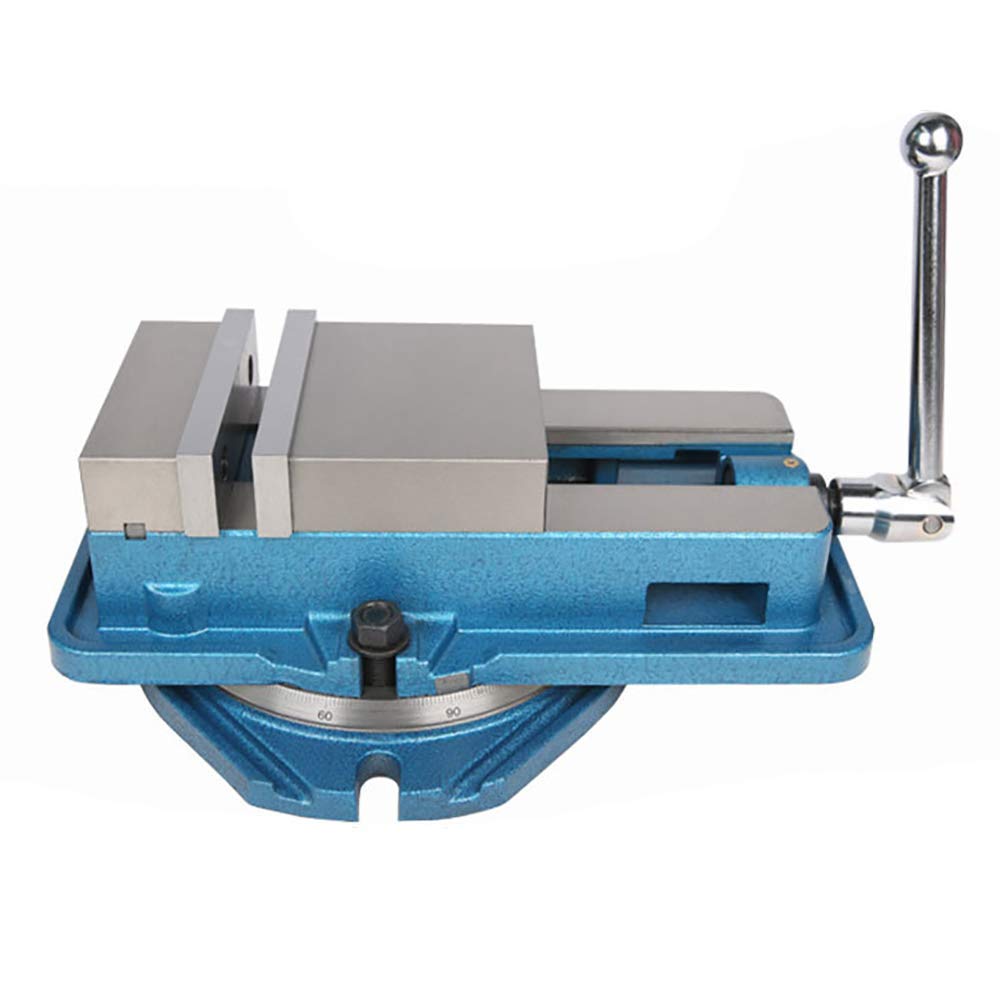 QM ACCU-Lock Precision Machine Vises With Swivel Base
QM ACCU-Lock Precision Machine Vises With Swivel Base -
 3 Flutes HSS Chamfering Countersink Drill bitl With 60 And 90 Degree
3 Flutes HSS Chamfering Countersink Drill bitl With 60 And 90 Degree -
 Precision 2pcs Angle Blocks Set With High Quality Type
Precision 2pcs Angle Blocks Set With High Quality Type -
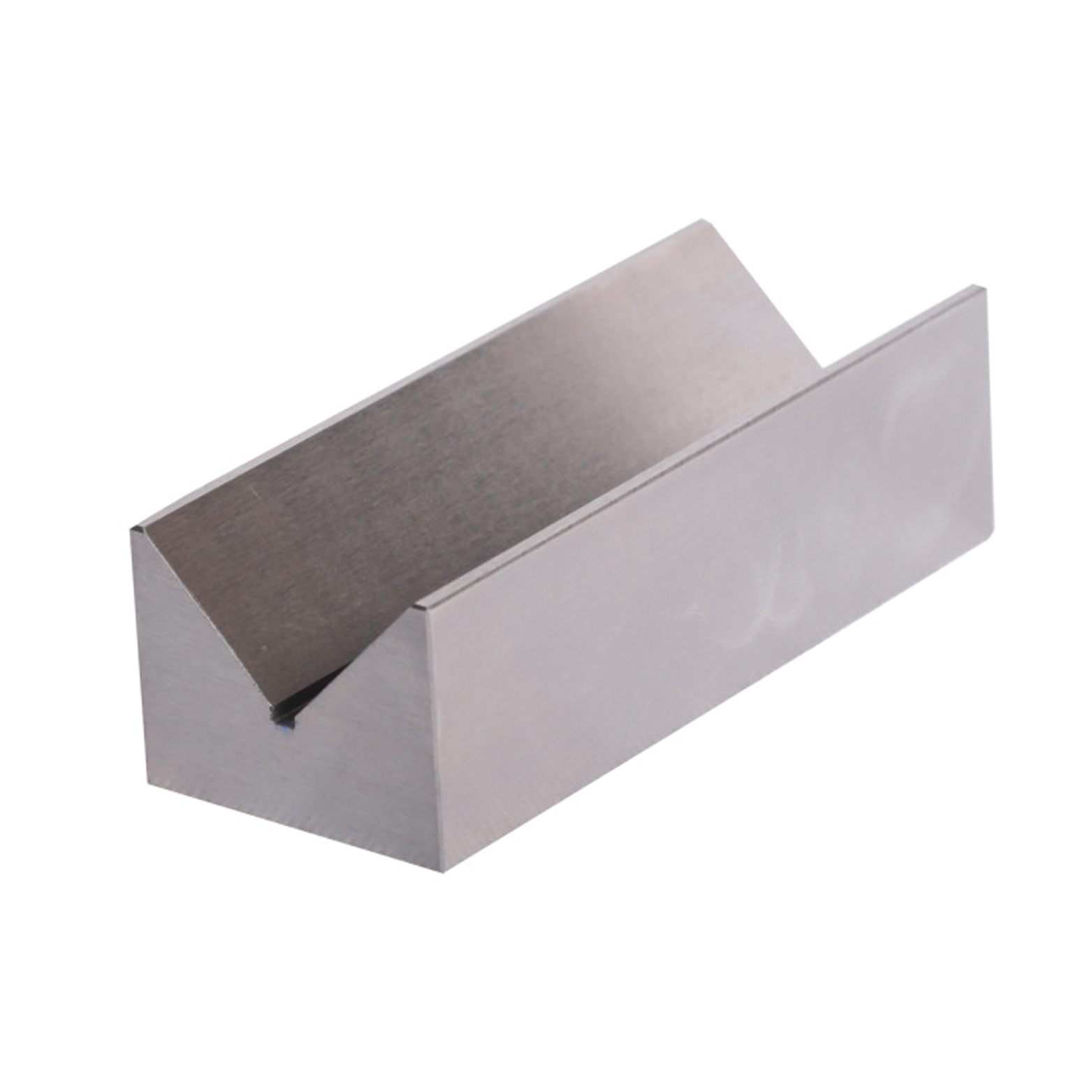 Precision V Block Set With Industrial Type
Precision V Block Set With Industrial Type




